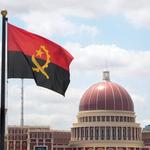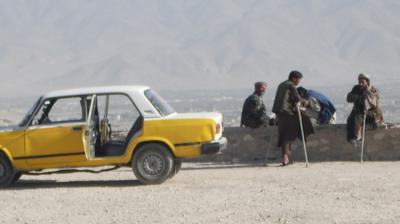Opposition parties and local governance in contemporary Angola and Mozambique: Mechanisms of exclusion and domination
The weakness of opposition parties in Africa, as well as the endurance of dominant party and presidentialist regimes, has been explained in a variety of ways – ranging from the policy failures of the opposition parties themselves, to incumbency advantages including organised electoral fraud and the unequal access to state resources, and not least to the politics of identity/ethnicity.
With a case study of Angola and Mozambique, this contribution takes a different approach, focussing on the understudied areas of the local political space. Hence, the process of local governance reform is traced through the nearly four decades since independence. It shows how the structural and political organisation of local governance, established quite unilaterally by the dominant party regimes, has effectively created mechanisms of exclusion and domination, keeping opposition parties (Unita and Renamo) from positions of power and influence. Instead of gradually opening up as could be expected in a post-war situation, the local political space for opposition parties has been kept limited. This is likely to perpetuate the dominant party regimes, with negative consequences for democratisation of the polities as a whole.

Taxation and local democracy under the oil state



